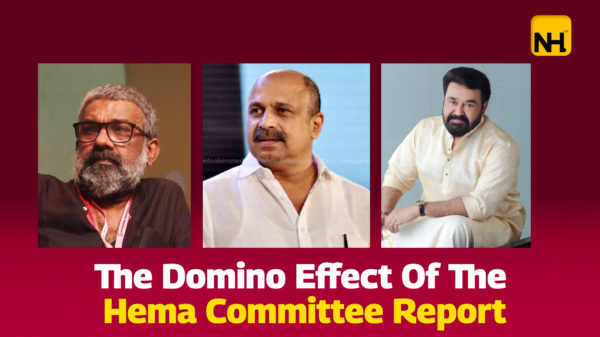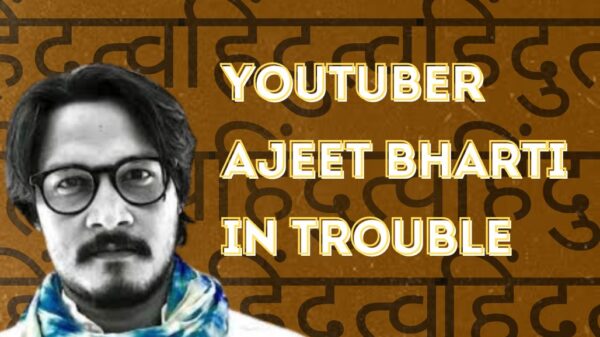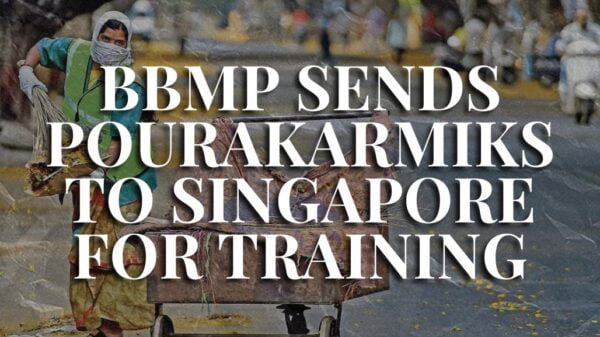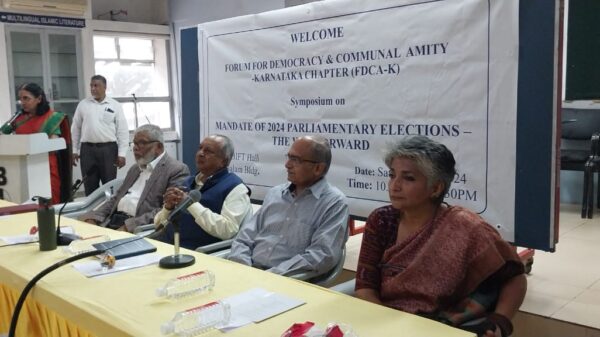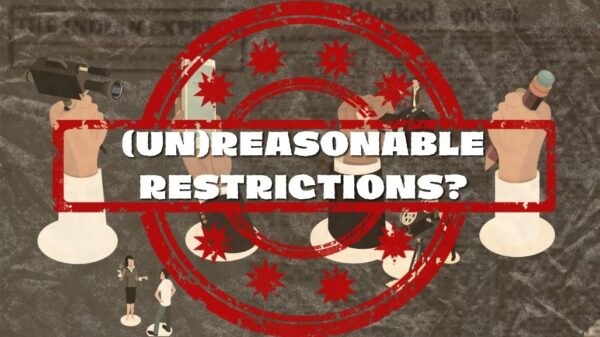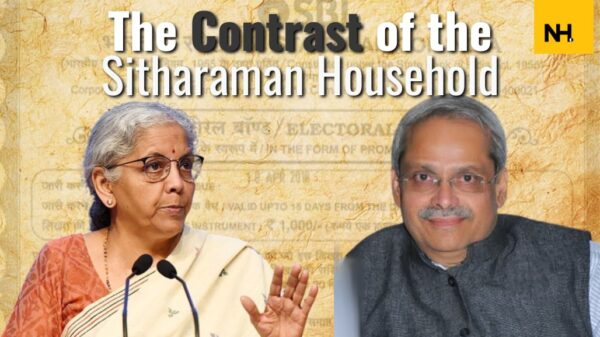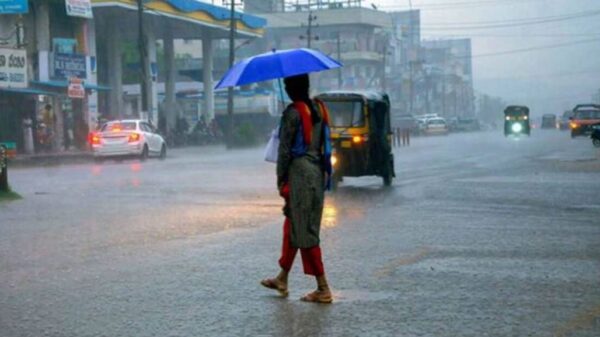The state exchequer could have to pay an estimated Rs 50,000 crore each year to implement the five “guarantees” made by Congress. Influential party leaders emphasised that one could not label the welfare measures “freebies” because they were tools for empowerment when they discussed the expense of the welfare programmes.

Political observers noticed that the ‘guarantees’ resonated with voters of the May 10 Assembly elections, particularly with women, and were a significant factor in the party’s resounding victory.
In the 224-member Assembly, the Congress won 135 seats, forcing the BJP out of office. The BJP won just 66 constituencies, while the Janata Dal (Secular) only managed to secure 19 seats.
Some BJP officials have argued that the State would become bankrupt if the ‘guarantees’ were implemented, and they have also asserted that Congress will not keep its pre-election promises completely.
During the campaign, Rahul Gandhi and other Congress leaders frequently stated that if the party were elected to power, the government would approve the “guarantees” to hasten their implementation at the first Cabinet meeting after taking office.

Image Source: Times of India
The five programmes that the Congress promised to implement are “Gruha Jyothi” (200 units of free electricity for every household), “Gruha Lakshmi” (2,000 rupees for every woman family head), “Anna Bhagya” (ten kgs of rice for every member of BPL families each month), “Yuva Nidhi” (3,000 rupees for unemployed graduates and 1,500 rupees for unemployed diploma holders for two years) and ‘Shakti’ — to enable free travel for women across Karnataka in state buses.
The five guarantee programmes’ execution will cost nearly Rs 50,000 crore annually, according to Professor K E Radhakrishna, vice chairman of the Congress manifesto drafting committee, in an interview with PTI on Wednesday.

KE Radhakrishna
Image Source: Twitter @KE Radhakrishna
He said, “Some of our leaders have that perception but we are very sure because I have worked out the financial implications. It is not more than Rs 50,000 crore. Even Rs 50,000 crore is not a charity. It’s empowerment.”
He described how these programmes would be conducted while pointing out that the Karnataka government’s budget is close to three lakh crore rupees. According to Radhakrishna, any healthy economy must spend at least 60% of its income on sustainable development, including funding activities to empower people.
He said, “Revenue moves capital, capital moves revenue. So, Rs 1.50 lakh crore of the Rs three lakh crore budget has to be spent. If that does not happen, then we will not have funds to spend another Rs 1.5 lakh crore. They are related to each other.”
He added out of five guarantees, ‘Anna Bhagya’ is an existing scheme, and the new promise is an extension. He pointed out, “We were giving seven kg of rice. BJP reduced it to five kg. Now again we want to make it 10 kg. We are giving rice and millet. This will encourage its cultivation and production.”
Regarding “Gruha Jyothi,” Radhakrishna claimed that Karnataka has a surplus of electricity and sells it to other states. He claims that Congress pledged to build huge solar parks with a 5,000-megawatt capacity in its manifesto. Additionally, every village will receive a modest solar cluster, as promised.
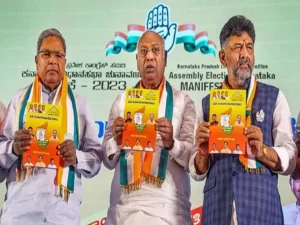
Congress Leaders With The Party Manifesto
Image Source: News9live
He clarified that the Rs 2,000 guarantee under ‘Gruha Lakshmi’ is not for all women heads of families. “This is only for the Below Poverty Line families. We will not give to rich people. This scheme is only for empowering poor people,” the Congress leader said.
About “Yuva Nidhi,” he claimed that many nations worldwide provide jobless benefits. He said, “Whether our degree education is relevant for a job is a larger issue, but as of today, the graduates are in a helpless condition.”
To train and skill the graduates and make them employable in the industry, the government will also collaborate with the Rajiv Gandhi Skill Development Corporation, according to Radhakrishna.

Image for representation
Image Source: Mint
Speaking about the “Shakti” programme that provides free bus tickets for women, he said that students already receive free passes to get to and from the college. He said, “Not every woman travels in the buses. Only those who are not rich travel in buses. It’s (the free travel guarantee) will empower garment workers, domestic servants, ‘pourakarmikas’ and women engaged in menial jobs.”
He claimed these five programmes are not handouts but tools for empowering individuals.
Also Read: BJP Does Not Want Siddaramaiah As The CM Of Karnataka. Know Why





